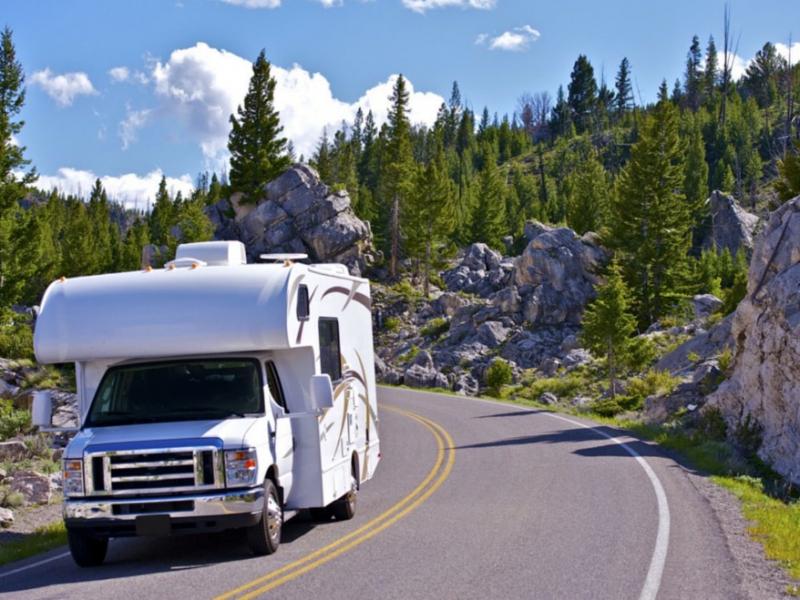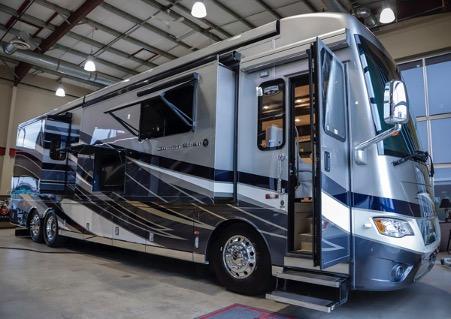A Thing or Two About Rental Insurance for Your RV

Just like car and house insurance, your RV should also be a part of its rental insurance, something which should never be neglected due to the risk of damage or theft. Every year there are numerous Americans who feel the need to step outside and enjoy the outdoors, not just in their back yards but traveling to the outskirts of the south coast or the forest east side and spending a few days in nature with their families and friends. And for good reason.
Everyone should do this at least once every couple of months, it is good for your mental and physical health as well. Not to mention the options are endless so you’re not stuck booking a lodging space in a hotel that you don’t like because all the good ones are taken. One of the best options for doing this is renting out an RV.
It has become one of the most convenient ways of enjoying a holiday with friends, family or just by yourself. According to this article in the Washington Post, over 1 million American homeowners have ditched their own homes and opted for an RV.
All you need is a driver's license and pass the verification requirements and off you go! This is also a popular option for those looking for either a side income or ways to not let their precious vehicle go to waste while it sits in the garage for months.
This means any private owner can do it too. However, there are a few fundamental things to consider when partaking in this activity. Insurance is on the top of that list.
This article covers some important information on RV insurance that you should know about before setting out to putting your RV in the hands of another driver.
What Is Rental Insurance
First, we look at the concept of rental insurance for vehicles. When you hire a vehicle such as a car, when you go on holiday, the rental car company always offers you car insurance to go with it in case of a fender bender or damage done to the car, which they will then be able to claim through the deposit paid by you, as the driver. This allows for security when unfavorable things happen when you are on holiday, which is a common occurrence.
Tips and advice about traveling and travel insurance can also be found on this online blog: https://www.travelsupermarket.com/en-gb/blog/travel-advice/the-ultimate-guide-to-car-hire-insurance/. As one of the easiest ways to travel around the world, car hire has made it possible for people to get from point A to point B easily and comfortably without having to use their car, and also in instances when you don’t own one.
Much in the same way is RV insurance too.

Insurance for RV Rentals
Let’s look at some of the basic benefits of renting out one, first. There are many things you can avoid while on holiday when you rent an RV, including crowds during the recent pandemic, no bothering with lost luggage from your flight, no standing in lines at counters in the airport and having to deal with canceled flights, not having to deal with screaming children in hotel rooms and lobbies, rude staff, getting sick and more.
So, in renting an RV there are a few requirements you need to pay heed to. Naturally getting insurance should be the main one. In fact, in some states in America, it is illegal to rent one out without getting insurance. The requirements are no different than when renting a car out, so if your familiar with that process this should be a breeze.
If not, then you should make yourself familiar with concepts such as limited liability, comprehensive coverage, and collision insurance. These are three of the fundamental things included when contracting through a company or a private owner.
The RV rental insurance coverage needs to be purchased by you once you’ve chosen the vehicle of choice. Getting it through a rental company will save you a lot of headaches in the long run, as there will be records and a legal paper trail. These 3 will cover any type of damage the equipment may have during your vacation.
The liability insurance will cover you in case someone gets hurt, in the event of a fender bender or collision with another vehicle or driver, or even if someone gets hurt while inside the RV. If you don’t get this, the chances of the opposite party suing you are high. The rental company should provide this to you directly.
So the next time you decide to take your family out on a vacation, make sure you are covered!
More to Read:
Previous Posts:


